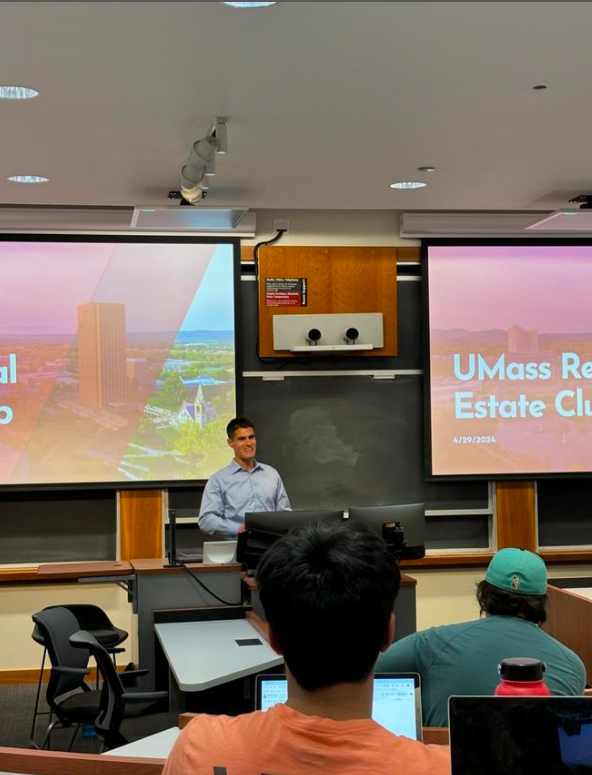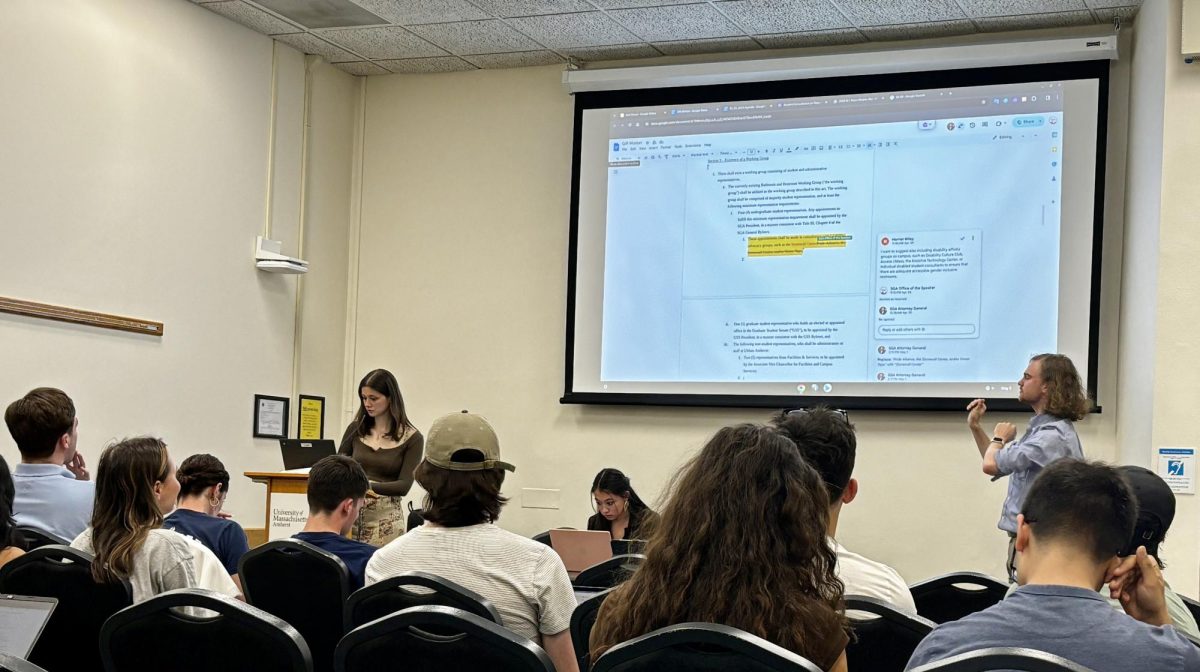Fed up with college tuition prices? Feel taken advantage of by the higher-than-ever costs of attending a university that you and/or your parents are forced to pay? Are you outraged? Well, perhaps you should be, but maybe not for the reasons you expect, or at the people you most likely blame.
Among the millions of flyers we see around campus, one of them caught my eye just recently. This flyer, put up by the group MASSPIRG, proclaimed the efficacy of the College Cost Reduction Act, passed just last year, and boasted about convincing government to deal with the costs of higher education; “making higher education affordable since 1972.”
Really UMass?
MASSPIRG claims that “by cutting student loan rates, increasing the amount of need-based grant aid, and capping the percentage of income that can go to repaying student loans,” the government can wave its Commie wand at America’s colleges and universities and magically cut the cost of education altogether.
Now, for one thing, if all these morons running around causing property damage after ball games, those stabbing and beating fellow students, and the idiots writing threats on the walls of our buildings would grow up, perhaps the cost of our tuition would sharply decline. I digress though, as this is not a column regarding the recent newsworthy events of misdirected testosterone and pent up immaturity on this campus.
It’s true, college costs a lot. For significant parts of the last 20-30 years tuition costs have risen faster than the rate of inflation. Tuition is now costlier than ever. But is this really something the government can fix by control? Are these circumstances really due to what groups like MASSPIRG say is a lack of government aid and red tape?
Actually, no. First of all, the state and federal government has been anything but negligent on the issue. There are various government initiatives addressing this. Direct student aid, for example, comes in the form of Perkins Loan Programs, Pell Grants, Federal Supplemental Educational Opportunity Grants, Federal Work Study Programs, the Federal Direct Student Loan Program, Federal Family Educational Loans, The Federal Trio Program and on and on. Currently, 60 percent of undergraduates receive some sort of aid.
Gary Wolfram of the Cato Institute explains that these programs have only been growing: “Perkins Loans rose in current dollars from $892 million in 1993 to $1.263 billion in 2004” and “Federal Direct Student Loan Program and Federal Family Educational Loans in current dollars went from $12.539 billion in 1993 to $52.197 billion in 2004.”
Yet, college tuition costs are still higher than ever. How could this be? Isn’t the government a flawless, altruistic God-send here to save our lives from every social ill at the drop of hat? No, it’s the very opposite. The truth is, government’s excessive meddling in our affairs is exactly what has been driving the cost of tuition straight upwards.
Wolfram points out the correlations: “Private four year colleges increased listed tuition prices by more than two dollars for each dollar increase in Pell Grants, and public four-year colleges increased their listed tuition by 97 cents for every dollar increase.” Should this not at least raise some questions about how effective these government programs are?
Governmental regulations and weighty subsidies have increased demand for higher education, which then increases tuition costs, which then results in political pressure to expand the already existing (and counterproductive) programs, which in turn further increases prices and on and on the cycle goes.
Think about it, where do things cost the least? In places where the government imposes price controls? Heavily regulated markets? No way. Things are the cheapest at places like Wal-Mart, that bastion of greedy capitalism.
Take cell phones, the cornerstone of our modern, technological information age. You can buy simple cell phones for $30. You can buy ones with video cameras in them, with texting capabilities and all the rest for $60. Why? It’s because the free market competes for consumer satisfaction. You think cell phones would be as amazing (and as amazingly cheap) if the government told companies how much they could sell them for? Or if they handed people subsidies, or stamped down miles of red tape? Of course not.
I often wonder when people might begin to realize that the government can’t organize life the way we might wish it to be. It’s fascinating to me how any time people perceive a problem it is by virtue of this perception alone that legitimates it as a government prerogative. How much monster government do we need? I feel like eventually we’ll all have government mandated toilets with automated robotic hands, so we can scrap the figurative hyperboles and actually have the government wipe our asses for us.
Government can’t fix tuition costs. It’s disconcerting that so many people willfully ignore and dismiss these unconcealed negative consequences perpetrated by our government’s ambitious schemes. We should just admit that freedom works better than government control, instead of defaulting to the force that government exacts on us, and garnering every bit of trust and good will towards centralization, regardless of how little it actually deserves.






